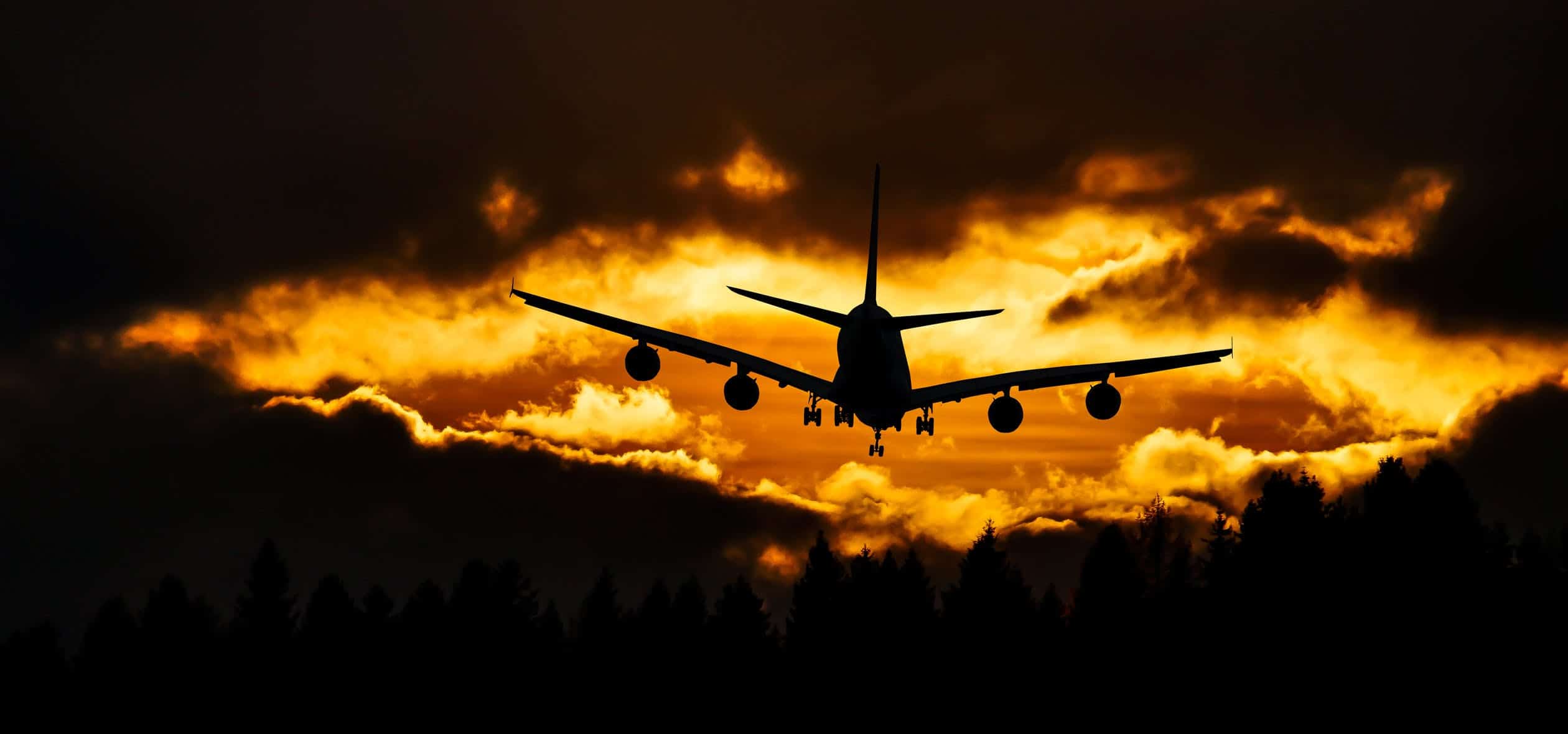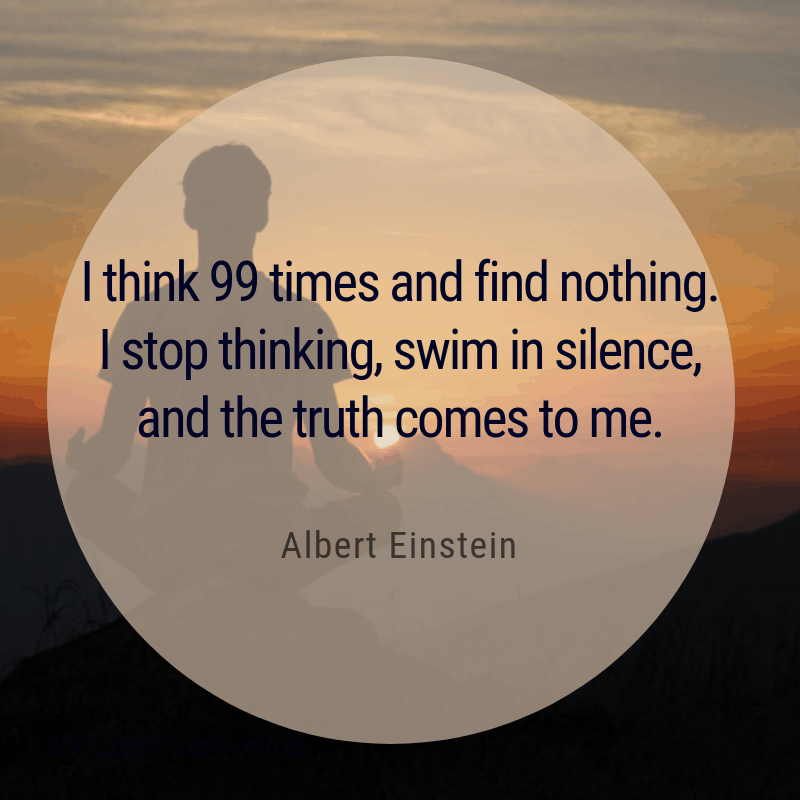Fear of flying is more common than you think – as much as 6.5% of the population may be suffering from it as we speak. If you get a bit anxious before you board a plane – or if you go through a full-blown panic attack even when you simply imagine yourself in an airport – you might at times feel there is no cure for how you feel but there is.

This overwhelming feeling of hopelessness and fear is nothing to be ashamed of, nor is it something to try to sweep under the rug. In fact, most anxieties and fears (including the fear of flying) are manageable, and you can get to a point where they’re just a thing of the past.
If you’ve decided now is the perfect time to tackle your crippling fear and take a flight to a destination of your dreams (or are just looking for a way to survive a business flight you can’t get out of), here are our best tips to help you cope.
Know your triggers
All fears are triggered by something specific: most often thought, but it can also be images, sounds or even smells. Once this trigger rears its head, your body goes into panic mode, and you start to experience your anxiety symptoms (both mental and physical).
The first step to overcoming your fear is to figure out what triggers it: are you afraid the plane will crash? Are you afraid of getting sick on the plane, of being trapped in a space you can’t leave?
Once you find your trigger, work with a therapist to find thought patterns that will help soothe the irrational ones.
Come as prepared as you can
A lot of our anxiety can stem from a lack of organization, which is why you should always come as prepared as you can to the airport.
First, make sure your luggage for international travel not only fits all of your belongings but is also in line with the airline’s requirements.
Know where your passport, boarding pass, and every other important document is, and organize them in the order you’ll be needing them.
Bring any snacks, drinks, entertainment, and pieces of tech you might need with you, and pack them so you can get to them easily.
If music or a meditation app helps you calm down, make sure you have access to it via your phone or tablet. And charge the device fully.

Separate anxiety from danger
The tricky thing about anxiety is that it lets you believe you are in actual danger, wherever you are when succumbing to it.
The important thing to learn (and really, really accept) is that you are not in danger, even when you are anxious and afraid. Unless you’re actually plummeting to the ground at the moment (which is highly unlikely), there is no actual danger. It’s just your mind playing tricks.
And if you have survived a panic attack before (especially on a plane) – you will survive it again.
An anxiety or panic attack cannot kill you. It’s certainly one of the most uncomfortable states you can experience, but you will survive it, just like you have before.
Remind yourself of that every time your heart starts beating a bit faster, or you start to feel drowned by the fear. Stay present, breathe deeply and as slowly as you can calming down your nervous system.
Tell those around you how you feel
Relying too much on others won’t benefit your anxiety in the long run, but if you need to find an anchor outside yourself while flying, do that.
Let your travel companions know you are anxious and warn them what to expect. Tell them precisely how they can help you and don’t leave them guessing. If you need to not be bothered with incessant questions, tell them that. If you need to be distracted by a conversation, verbalize that.
Don’t expect anyone to understand how you feel and how best to help you. Communicate your thoughts and emotions, because that’s the best way to ensure you get the helping hand you need.
You should also let the flight staff know you’re anxious or fearful – they are professionals, are faced with passengers who share your fears every day, and can do a lot to help you out as well.
Use an anchor thought to ground yourself
Mel Robbins suggests using an anchor thought to keep yourself grounded, and prevent your fear from getting out of hand.
What you need to do is think about the thing you are most excited about for your trip. What do you want to do most when you land? What is the reason behind this trip that makes you feel great?
Once you have that thought, you need to reach for it whenever you start to feel trapped and anxious. It will provide positive reinforcement that can help you get over the negative thoughts causing your fear.
This thought is your way of tricking your mind: here you are, feeling nervous and anxious, having all these negative thoughts about the flight. But once you start picturing the positive outcome you’re looking forward to, your brain will begin to think you are just excited to get to that point and make that thought a reality.
Mind what you eat and drink
What you eat and drink will impact how you feel, so try to steer clear of caffeine, as it can make you even tenser, and don’t drink any alcohol. You might also want to avoid any sugars, as they can also have a negative impact on your mood.
Try to eat balanced meals (comprised of veggies and fruits) and drink plenty of water. You can try herbal tea as well if it usually works well in calming you down.
Experiencing fear and anxiety makes you feel vulnerable, and the easiest thing in the world is to give up and go back to your safe zone, where nothing can hurt you. Don’t let the fear trick you into thinking you are anything less than brave, strong, and capable. Getting to the other side might be unpleasant, and it might last for hours – but you will get there.
And while it may feel terrifying at the time, once your brain realizes nothing bad has actually happened, you’ll start looking at your anxieties differently – think of it as a gateway to a stronger, tougher you.
photo source | pexels

